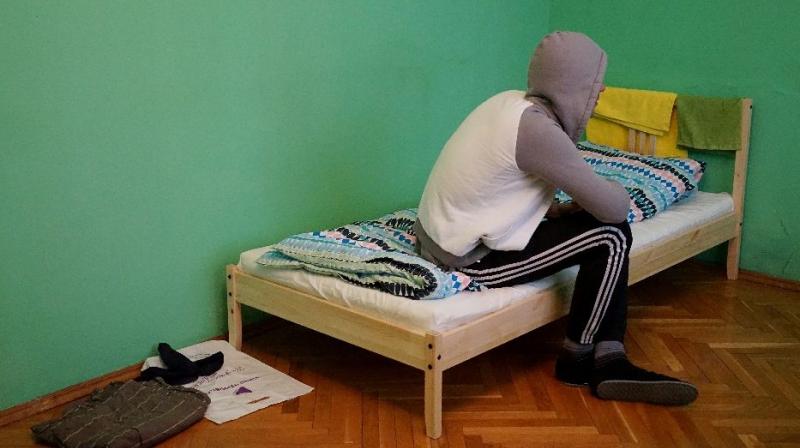Russia downplays reports of Chechnya anti-gay violence

Moscow: The Kremlin said Thursday that reports of violence against homosexuals in Chechnya had not been confirmed and that "phantom complaints" to the media should instead be taken to the police.
The comments come a day after Russian President Vladimir Putin met Chechen strongman Ramzan Kadyrov, who dismissed "provocative articles" about gay men being rounded up in Chechnya and families who are encouraged to perform honour killings.
"So far we have not heard any confirmation to this information," Kremlin spokesman Dmitry Peskov told journalists.
"We know that when the law is broken, the citizen goes and complains to the police," he responded when a journalist noted that media outlets had spoken to such victims. "Where are they? There are no people... Who are these people? Where do they live?"
"These are some phantom complaints, absolutely depersonalised," Peskov said. "What are they afraid of, that they will be taken under protection?"
Russia's prosecutor general said Monday that it was looking into the claims.
AFP has spoken to several Chechens currently in hiding in Moscow after fleeing the conservative Caucasus region where homosexuality is taboo and authorities have said that gays do not exist.
The men said they were beaten and detained in unofficial prisons, and had fled the region because they were terrified of both the authorities and their own relatives.
The Russian LGBT Network, an NGO that helps Chechens persecuted for "homosexuality, both real and imagined" to flee the region, said Monday that about 60 people had asked to be evacuated over a period of less than three weeks.
Journalists at the Novaya Gazeta newspaper who broke the story, which included reporting on the deaths of two gay men in Chechnya, said they have received threats.
On Thursday, the newspaper said it had received two letters addressed to the editor-in-chief and his deputy with the return address "Grozny 666666" that contained white powder.
Novaya Gazeta called in the police and chemical experts, who said the powder was not dangerous and collected it for examination.
Human rights organisations and several countries, as well as the United Nations and the European Union, have called on Russian authorities to investigate the reports.

